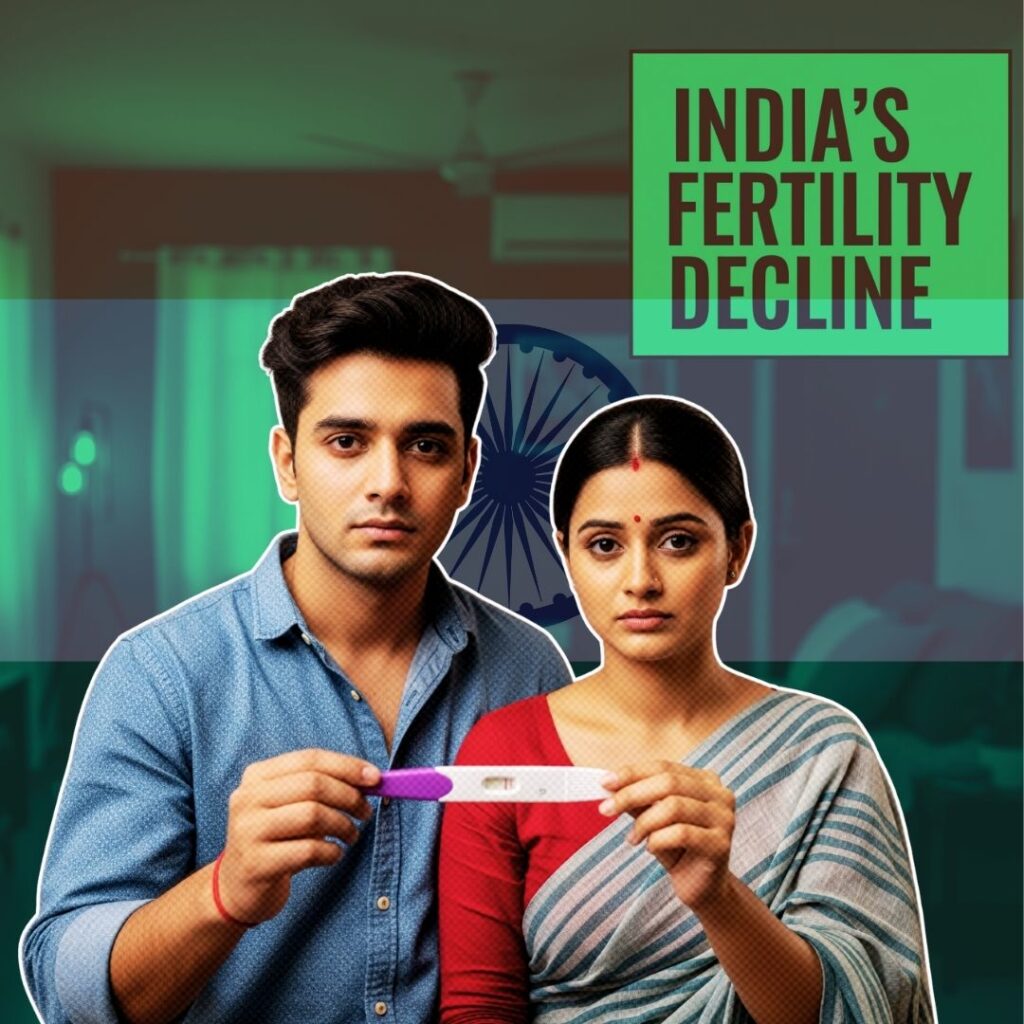In a quest to curb the soaring costs of private healthcare and medical malpractices in the state, the Delhi Government on Monday released a draft policy.
The draft rules not only propose capping prices for all drugs and consumables but also suggest mechanisms to curb a host of issues private hospitals have been accused of, including medical negligence, overcharging, forcing patients to buy drugs from in-house pharmacies and not releasing bodies on time.
The Delhi government constituted a nine-member panel headed by Director General of Health Services, Kirti Bhushan. The draft advisory released on Monday is based on the recommendations made by this expert panel and is put on the public domain, for scrutiny and feedback.
After 30 days, the government is said to make amendments to the Delhi Nursing Homes Registration Act to make the draft policy changes legally binding, state health minister Satyendra Jain told Times Of India.
Key features of the draft: Price capping for drugs and consumables and implants The Draft rules call for the private hospitals and nursing homes to preferably prescribe from the National List of Essential Medicines (NLEM), the prices of which are regulated by the central government. As far as not-NLEM drugs are concerned, it caps their prices at 50 per cent over the procurement price. Thus, at the time of billing, these non-NLEM drugs are to be billed at their procurement price or MRP (Maximum Retail Price) plus 50 percent, whatever is less. The same applies to consumables like syringes, needles and gloves. In the case of implants, too, the draft policy has fixed markup of not more than 35% above the procurement price. Fixed price for packages for various procedures The draft also suggests fixed pricing for packages for various procedures. Not only that, any additional procedure performed on the patient who opted for a particular package will be charged at 50% of its original price. The patients must be given a choice to opt for a high-risk package, covering all possible complications not costing more than 20% higher. The release of dead bodies
The draft policy also says that hospitals shall not detain a dead body for non-payment of dues. The patient’s family will be given a 50 per cent waiver on the bill if the patient dies within six hours of being brought to the hospital. A 20 per cent waiver would be given if the patient dies within six to 24 hours of being brought into the hospital. Flexibility to buy drugs from outside pharmacies
The draft also proposes that patients should not be forced to buy drugs from the in-house pharmacy of the hospital, and be given the freedom to purchase medicines from outside the hospital.
Other than that, the draft policy recommendations also include cost of treatment for medico-legal road accident victims to be reimbursed by the Delhi government; a declaration on the bill that no commissions have been given; and displaying prominent charges such as doctors’ consultation, nursing and diagnostic charges and room tariff at conspicuous places in the hospital premises.
Experts suggest the measures require legal vetting
Malini Aisola, who works with the All India Drug Action Network, (a civil society organisation working for patient rights) said: “We welcome the proposed measures to lower the costs of treatment and bring more transparency and accountability. They are progressive in intent and signal a paradigm shift in the thinking of governments. However, we are afraid; the measures need thinking through and legal vetting to ensure they do not get stuck in courts,” reports The Week.
“The underlying Act on which these recommendations seek to be based (Delhi Nursing Homes Registration Act) would need several amendments to accommodate these measures. Failing these amendments, the Delhi government’s good intentions will be of little to no avail,” she added.
The proposed measures were announced a day after a citizens group launched the Campaign for Dignified and Affordable Healthcare, against the unethical medical practices in private hospitals. The campaign is led by Jayant Singh, whose seven-year-old daughter, Adya died of dengue in Gurugram’s Fortis hospital in November 2017 and Gopinder Singh Parmar, whose seven-year-old son Shaurya Pratap died of dengue in Medanta MediCity, Gurgaon, in October 2017. Both, Singh’s and Parmar’s family were charged Rs 16 lakh each by Fortis and Medanta respectively. Their cases were two out of the several cases of negligence and gross overcharging by private hospitals that created a huge uproar across the NCR, last year.
A lesson for other states too
Not just Delhi, but all the states must bring forth these regulations in their private medical institutions to re-establish the lost honour and faith of the people into private healthcare as well as to make it affordable and hence, more approachable for the masses.
Nowadays, private hospitals have become more akin to profit-driven corporates ra…











